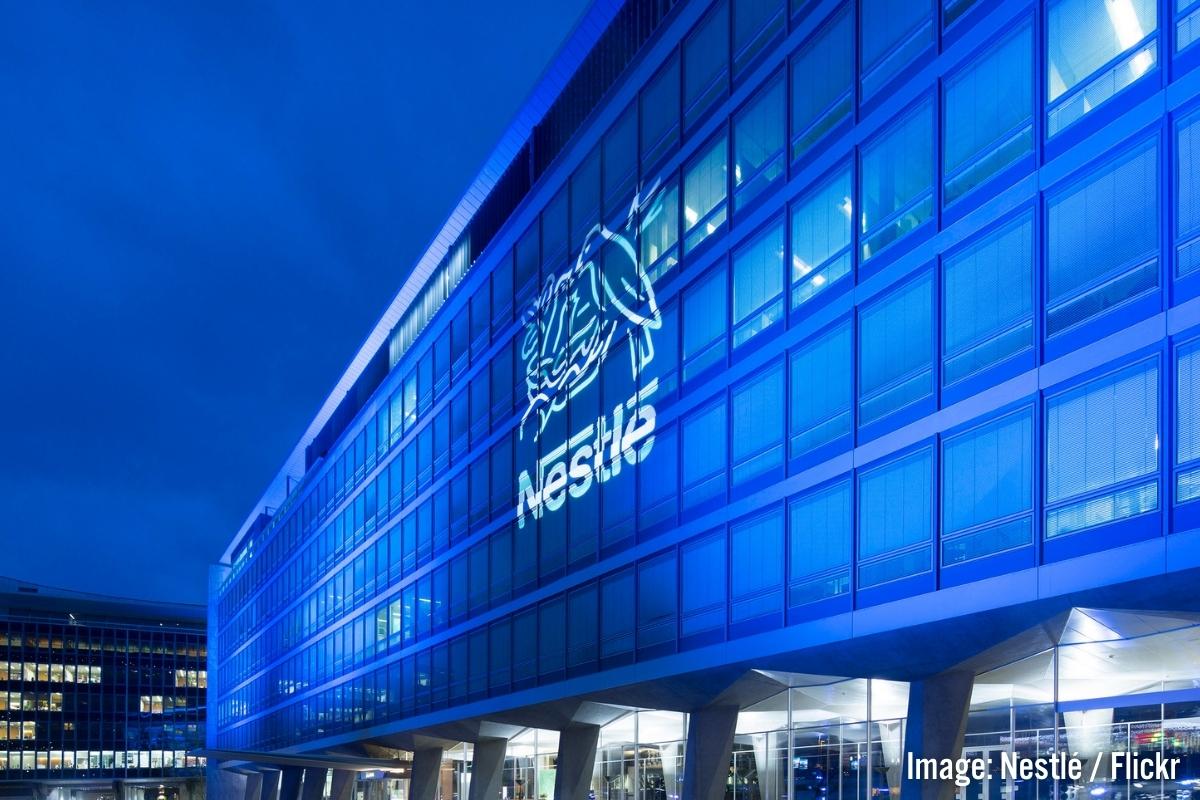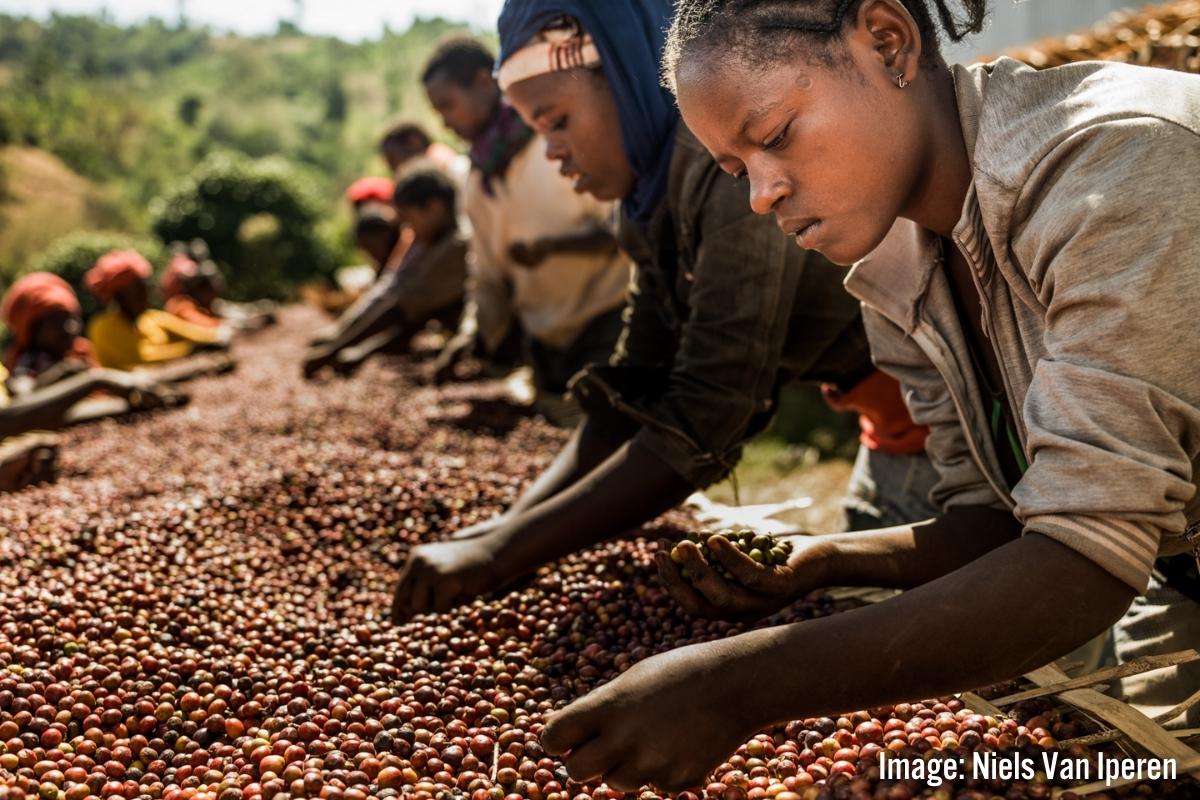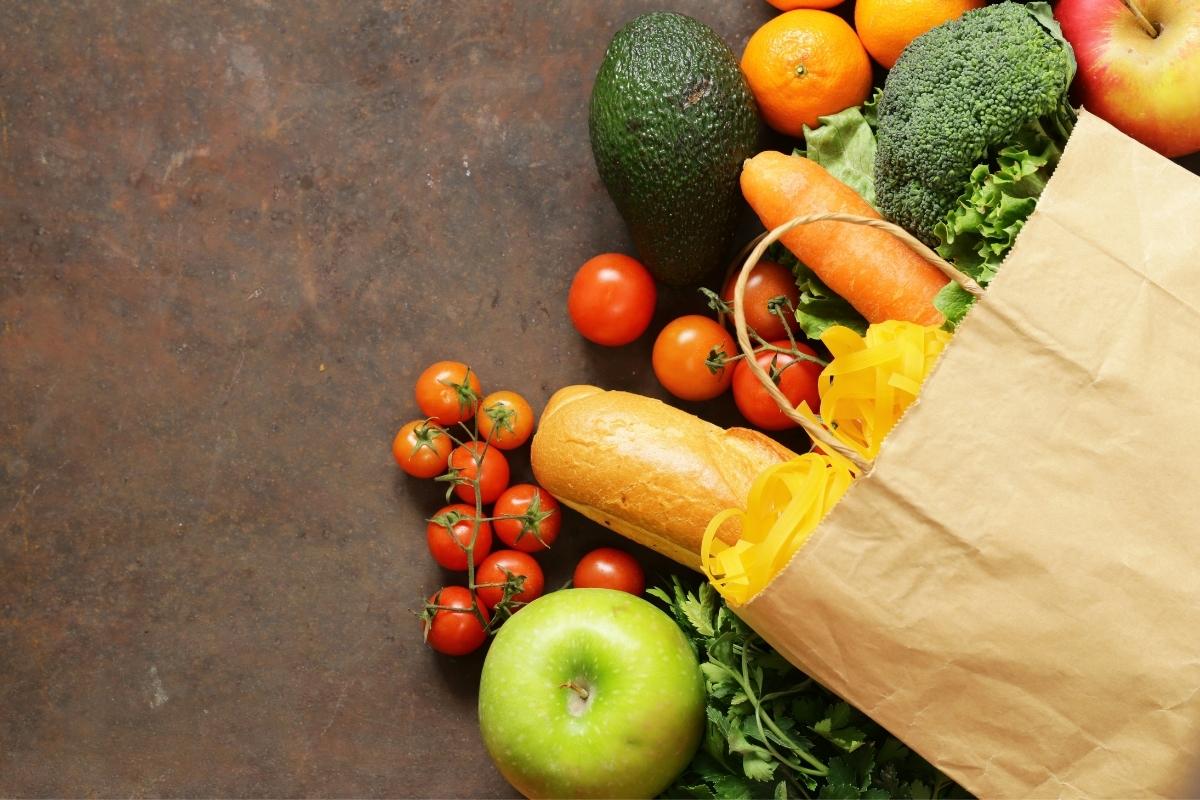No industry exemplifies the horrors of capitalism more than that of food. Workers are exploited; our planet is destroyed; and we are fed junk – all so the giant monopolies can sate their appetite for profits. We need a socialist alternative.
The world’s biggest food company, Nestlé, recently admitted that over 60% of its products are unhealthy.
Food insecurity is endemic. According to the UN, some 821 million people were ‘chronically undernourished’ in 2019. Yet, at the same time that millions are going hungry, enough food is produced worldwide to feed over 10 billion people – one-and-a-half times the world’s population.
Overproduction and waste is business as usual under capitalism. ‘Excess’ fruit is destroyed; misshapen produce discarded; and wealthy consumers over-indulged. UK supermarkets throw away 190 million meals’ worth of food each year.
23.5 million Americans – overwhelmingly the poorest – live in food deserts, with no healthy fresh food within walking distance of their homes. Ultra-processed food fuels obesity, offering convenience and availability to the time-strapped and overworked poor.
Extreme exploitation is rife in supply chains. In the USA – the world’s largest food exporter – roughly half of the country’s million farmhands are undocumented. Indeed, fruit pickers and meatpackers face terrible conditions all over the world.
Environmental destruction at all stages is immense. Bottling plants go to drought-struck regions and empty aquifers, while the Amazon is felled and turned to cattle ranching or monocropping. With all this and more, agriculture accounts for 18.4% of global greenhouse gas emissions.
Market logic

These failures are not necessary evils. Each of them are rooted in production for profit.
Scarcity for millions, whilst enormous amounts of food are destroyed, is the natural result of making food a commodity – produced and sold only for a profit. This means that the most basic means of subsistence are tied to income on one end, and market fluctuations on the other.
Destroying ‘excess’ produce avoids the capitalists selling below cost, and helps drive up prices through artificial scarcity. Yet the phenomenon of mass hunger, side by side with enormous piles of unsold food, is the inevitable outcome of a system that drives wages down to their bare minimum, and condemns hundreds of millions to unemployment.
Wasteful production geared towards the most wealthy flows from the logic of the market. The connoisseur of finely marbled beef wagyu has more purchasing power than the many hungry poor who could have been fed by all the land needed for its production.
The market’s meals are prepared by the market’s laws. This means too salty, too sweet, too little satiation. It means sponsoring studies to shift the blame for obesity away from diet, and advertising unhealthy food directly to children.
As admitted by Nestlé, it means ultra-processed and unhealthy food; more ‘value added’, and therefore more profit extracted.
Exploitation and profit

Brutal exploitation makes for wide profit margins. Whether they are Ethiopian coffee farmers being fleeced by a multinational, or immigrant meatpackers fearing a raid from immigration control: profit in the food industry is built on the worst exploitation and the most brutal coercion.
Anything which does not appear on the capitalists’ balance sheets, however, is ignored. For example, yields going up with more fertiliser means more profits. But runoff causing algae blooms when it reaches the sea is ignored.
Similarly, monocrop fields are easier to manage. But the increased risk of zoonotic spill – the transmission of viruses from animals to humans – is ignored.
And carbon-intensive supply chains go under transport costs, so their emissions go uncounted.
Socialist alternative

It is within our power to meet the food needs of every single person on the earth, with health and sustainability in mind. But to do so means removing the profit motive from the realm of food production.
Farmers and agricultural scientists have sustainable farming techniques. But only by expropriating the giant agricultural companies would society have the ability to apply them in practice.
In transportation and processing, the reliance on fossil fuels needs to be cut. But this is something only possible on a planned basis, allowing for cheap and abundant green energy to be properly utilised.
Finally, in terms of distribution, we have a model for providing necessities: the NHS. Food banks and mutual aid kitchens do this already, but with extremely limited resources.
A fully-funded National Food Service, on the basis of public ownership of the monopolies, would turn the infrastructure of supermarket and restaurant chains towards running community canteens and worker-controlled stores, giving everyone access to free and good quality food.
The fact that millions go hungry in a system of plenty is testament to the bankruptcy of capitalism. Only by the working class planning production for need and not profit can we end this barbarism, and produce healthy food in harmony with the planet.






